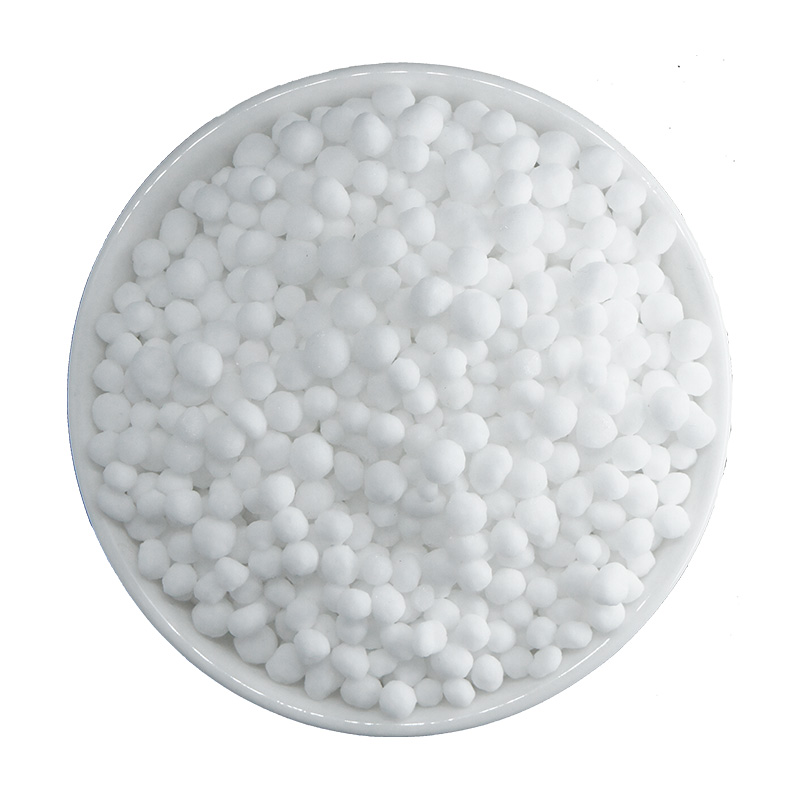
Nov . 18, 2024 18:28 Back to list
Optimal Nutrition with 32-3-7 Fertilizer for Healthy Plant Growth and Vibrant Yields
Understanding 32-3-7 Fertilizer A Comprehensive Guide
Fertilizers play a crucial role in modern agriculture, enhancing plant growth and improving crop yields. One of the popular formulations in the fertilization world is 32-3-7 fertilizer. This formulation consists of three key macronutrients nitrogen (N), phosphorus (P), and potassium (K), which are essential for plant health and development.
The numbers in the fertilizer's name represent the percentage by weight of each macronutrient
. In the case of 32-3-7 fertilizer, it contains 32% nitrogen, 3% phosphorus, and 7% potassium. Understanding the functions of these nutrients can help farmers and gardeners choose the right fertilization strategy for their crops.Nitrogen (N) is vital for vegetative growth. It is a key component of chlorophyll, the compound plants use for photosynthesis, which converts sunlight into energy. Nitrogen promotes lush, green foliage and is crucial for the initial growth stages of plants. However, it is important to apply nitrogen thoughtfully, as excessive amounts can lead to rapid growth that makes plants more susceptible to diseases and pests.
32-3-7 fertilizer

Phosphorus (P), comprising 3% of this fertilizer, plays a significant role in root development, flowering, and fruiting. It is also essential for energy transfer within the plant, as it forms part of ATP (adenosine triphosphate), the energy currency of cells. Adequate phosphorus contributes to stronger root systems and improves overall plant resilience, particularly during the critical blooming and fruiting phases.
Potassium (K), making up 7% of this formulation, is essential for overall plant health. It aids in water regulation, enzyme activation, and photosynthesis. Potassium also enhances resistance to diseases and adverse weather conditions, making it critical for producing high-quality crops. It improves fruit quality and shelf life, which is especially important for commercial growers.
When using 32-3-7 fertilizer, it is essential to conduct a soil test beforehand. This will help determine the nutrient needs of your soil and ensure that you do not over-fertilize. Applying the right amounts at the right times will optimize plant growth and yield while minimizing environmental impact.
In conclusion, 32-3-7 fertilizer is a well-balanced option for promoting healthy plant growth, particularly for crops that require a significant amount of nitrogen. Understanding the roles of nitrogen, phosphorus, and potassium can help farmers and gardeners make informed decisions about fertilization, ultimately leading to better crop yields and healthier plants. Proper usage and application can lead to sustainable agricultural practices that benefit both the environment and food production.
-
10 10 10 Fertilizer Organic—Balanced NPK for All Plants
NewsJul.30,2025
-
Premium 10 10 10 Fertilizer Organic for Balanced Plant Growth
NewsJul.29,2025
-
Premium 10 10 10 Fertilizer Organic for Balanced Plant Growth
NewsJul.29,2025
-
Premium 10 10 10 Fertilizer Organic for Balanced Plant Growth
NewsJul.29,2025
-
50 Pound Bags of 13-13-13 Fertilizer for All Plants – Bulk & Organic Options
NewsJul.28,2025
-
High-Efficiency 15-30-15 Granular Fertilizer for Healthy Crops
NewsJul.28,2025
